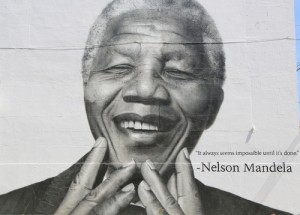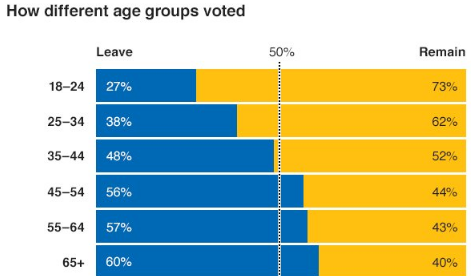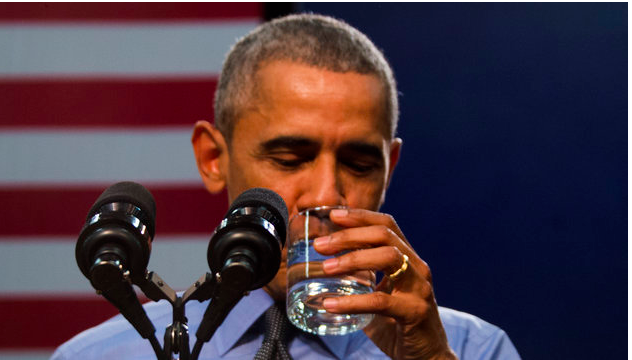 The title of this blog post is a quote from Nelson Mandela who cycled through the entire spectrum of dispute resolution tactics as leader of both peaceful protests and armed resistance against the white minority’s oppressive regime in a racially divided South Africa. He spent nearly three decades in prison for his convictions. In the end, he decided that talking to one’s adversary is the most powerful tool to resolve conflict. His comment was made with respect to resolving the most significant of societal issues, such as upholding human rights, and choosing between war and peace. But I believe it applies to more mundane concerns that are the subject of most lawsuits and other legal conflict as well.
The title of this blog post is a quote from Nelson Mandela who cycled through the entire spectrum of dispute resolution tactics as leader of both peaceful protests and armed resistance against the white minority’s oppressive regime in a racially divided South Africa. He spent nearly three decades in prison for his convictions. In the end, he decided that talking to one’s adversary is the most powerful tool to resolve conflict. His comment was made with respect to resolving the most significant of societal issues, such as upholding human rights, and choosing between war and peace. But I believe it applies to more mundane concerns that are the subject of most lawsuits and other legal conflict as well.
Parties in litigation “communicate” but they don’t “talk” to each other in the manner alluded to in Mandela’s comment. They communicate as permitted by strict court rules of evidence and procedure. Facts and legal arguments are presented in discovery, motion practice and at trial. “Improper” questions are objected to and not answered. “Improper” answers are “stricken.” At pre-identified points along the road to judgment, the parties ask the judge or jury for a decision that ends the case in their favor. Communications, therefore, occur only as permitted by rigid court rules that limit the manner, form and content of the questions asked and the answers given. Even when the lawyers communicate privately, it may only be to argue about whether discovery requests were properly responded to or to schedule remaining pre-trial activities.
This is not resolution talk. This is litigation talk aimed at winning or defeating your opponents.
But most disputes end in compromise through negotiation. Not through threats and intimidation – or in defeat. And very few cases go to verdict. No matter what court based tactical moves preceded them, settlements almost always follow from a conversation, through credible, focused, convincing negotiation supported by reason. Although spoken in another context, Mandela’s words are equally true here: meaningful talk is the most potent weapon in ending conflict.
So why not eliminate as many of the steps aimed purely at defeat as possible – interim steps which might provide a momentary, pyrrhic victory at best — and sit down and talk at the earliest opportunity in a meaningfully settlement dialogue? In those cases where a case’s complexities or other dynamics prevent the parties from connecting on their own, a mediator can help the parties exchange credible proposals supported by reason, which ultimately will lead to a final resolution. Your best weapon shouldn’t be your last, especially when it comes at virtually no opportunity cost. And when you look beyond an agenda focused strictly on winning (at all cost) you will be better able to take into account the necessary needs and wants of your adversaries, and thereby put yourself on the path to attain a realistic winning settlement.






[…] different ways, some aurally-inclined, some visually, some physically. As I have written in other blog posts and articles, I believe that most conflict is caused by usually unintentionally poor communication. […]